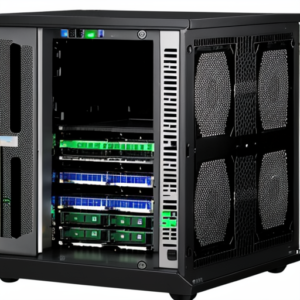

 Data storage is the first factor we want to consider in this battle between brains vs. computers. Although both essentially have ultimate storage, computers can memorize data for the rest of eternity without any discrepancies.
Data storage is the first factor we want to consider in this battle between brains vs. computers. Although both essentially have ultimate storage, computers can memorize data for the rest of eternity without any discrepancies. In addition to data storage, computers outshine humans with their parallel processing capabilities. When describing this action, the term is similar to multitasking or performing more than one task simultaneously.
In addition to data storage, computers outshine humans with their parallel processing capabilities. When describing this action, the term is similar to multitasking or performing more than one task simultaneously. The last honorable mention of what computers can do that humans cannot is the accuracy and speed of memory or solving problems. Our brains are filters, and each person interprets information differently. The problem with this is that it’s not accurate. However, the data stored on a computer is genuine and cannot be changed or altered by emotions, past experiences, etc.
The last honorable mention of what computers can do that humans cannot is the accuracy and speed of memory or solving problems. Our brains are filters, and each person interprets information differently. The problem with this is that it’s not accurate. However, the data stored on a computer is genuine and cannot be changed or altered by emotions, past experiences, etc.